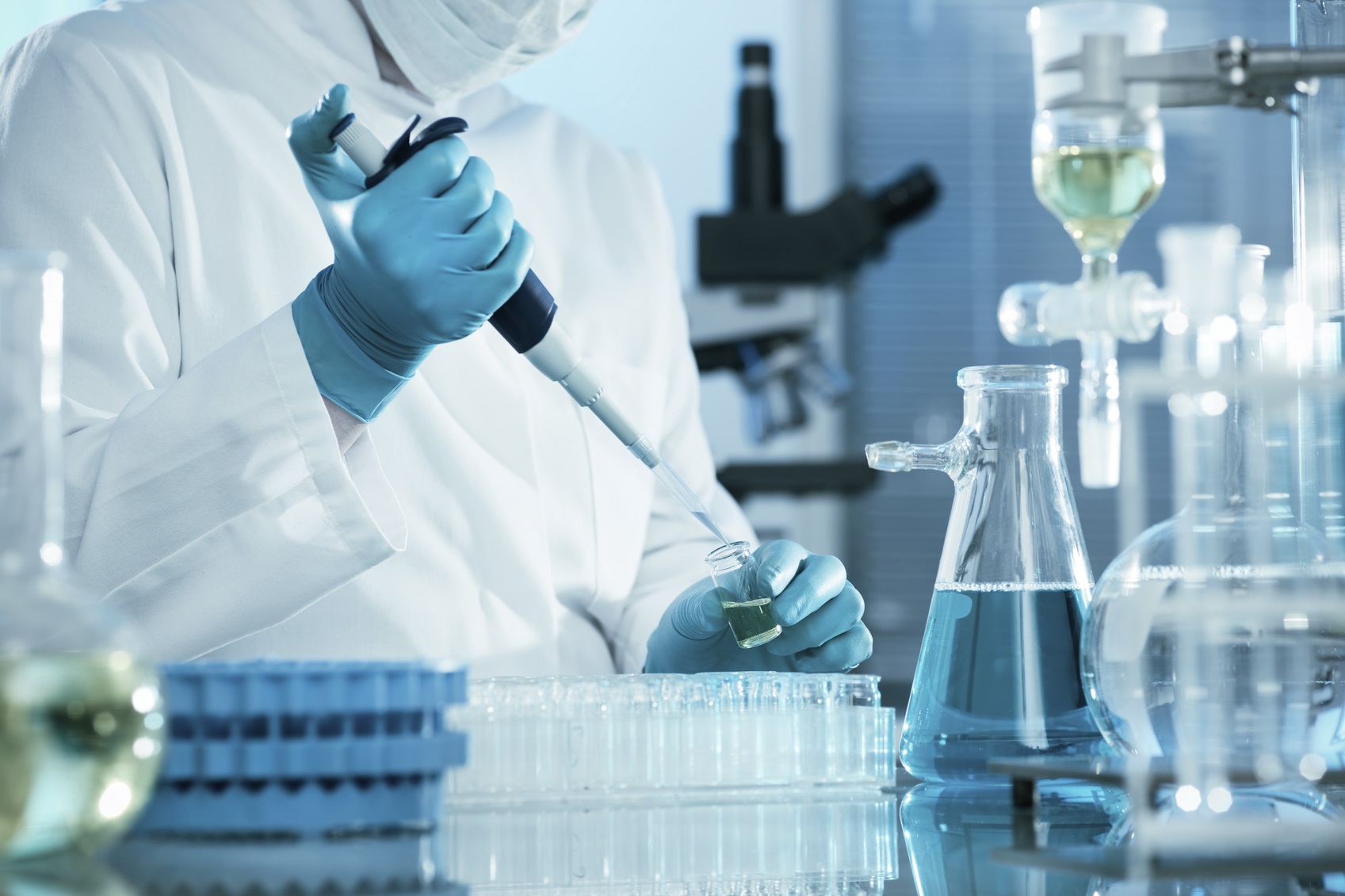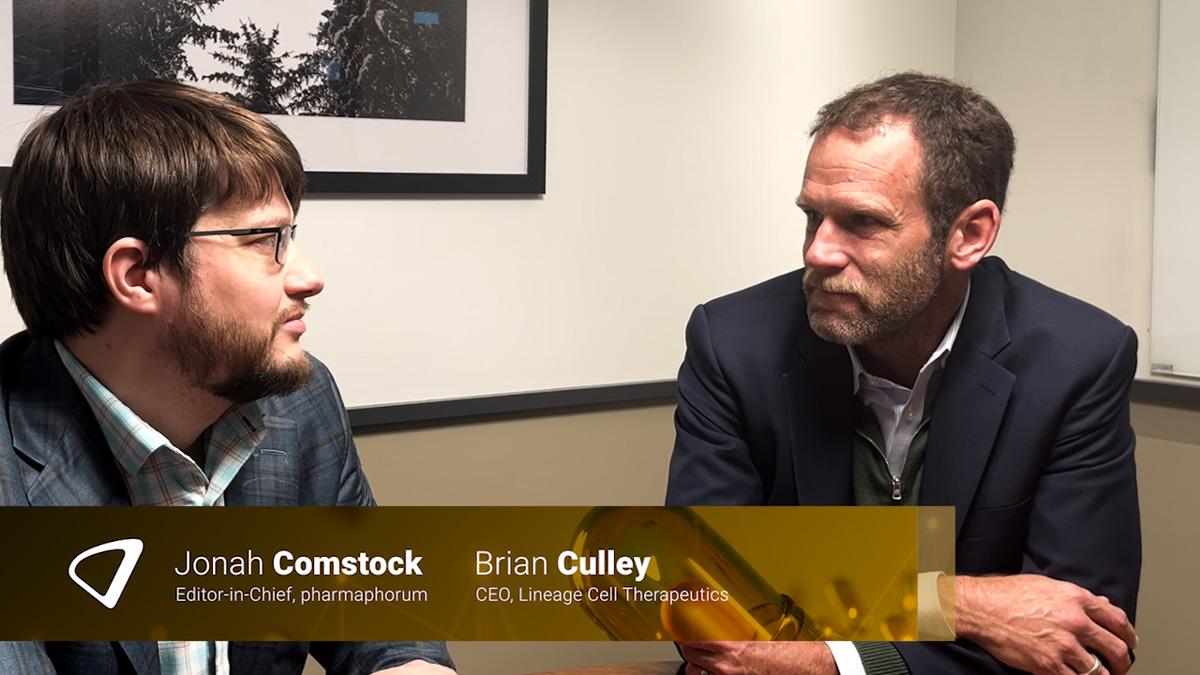Islexa promises revolutionary type 1 diabetes cell therapy

A UK company has been launched with the aim of curing type 1 diabetes using groundbreaking cell therapy.
The new venture named Islexa has been created through a collaboration between the University of Aberdeen and the Cell and Gene Therapy Catapult (CGT) and will develop implantable islet tissue, the groups of beta cells which produce insulin in the pancreas.
In type 1 diabetes patients, islet cells have been destroyed, and Islexa's technology will aim to reprogramme donated pancreatic tissue into functioning islets that can then be transplanted into type 1 diabetes patients.
"This is a really exciting technology that has the potential to bring life changing benefits to these diabetic patients," said Keith Thompson, chief executive of the Cell and Gene Therapy Catapult and an Islexa director. "We are delighted to be forming Islexa with the partners we've worked with so far on this project. The collaboration has already delivered promising results and the formation of Islexa will accelerate the development of these lab grown islets and ultimately get this potential treatment to thousands of patients."
According to Diabetes UK, there are currently over 320,000 type 1 diabetes patients in the UK, around 10% of which have impaired awareness of hypoglycaemia and around 5% of which experience serious hypoglycaemic events every year. Islet transplantation is the ideal treatment for these individuals.
In stark contrast to the current UK need, the number that actually receive islet transplantation sits at around 30-50 per year. Islexa's new technology is promising to offer transplantation to a significantly wider population, somewhere around the tens of thousands.
Islet transplantation is a relatively old concept, originally developed as a means of producing an effective, long-term solution to type 1 diabetes that does not require constant insulin "top-ups".
Since its conception in the 1990s, various attempts have been made to update the technology with many relying on the reprogramming of stem cells into insulin-producing beta cells as a potentially new approach. Unfortunately, that method has proved fruitless, mainly due to the fact that islets produce many hormones alongside insulin, whereas individual beta cells produce insulin alone.
What sets Islexa's technology apart from earlier efforts is its technique of reprogramming pancreatic tissue through a viral vector. Reprogramming, as opposed to the traditional direct transplantation of islet organoids from a deceased donor, can help overcome the hurdle of low donor numbers by providing a large supply of lab-grown islets. Current standard technology requires islets harvested from at least two or more pancreata to achieve normal glucose levels in a patient.
"Islet transplantation can transform the lives of patients with type I diabetes, and in some cases can result in long term freedom from insulin injections with excellent glucose control," said Mr John Casey, Consultant Transplant Surgeon at the Royal Infirmary of Edinburgh, and Lead Clinician for the Islet Transplantation Programme in Scotland. "This exciting collaboration between the Scottish Islet Programme, Aberdeen University and the Cell and Gene Therapy Catapult will allow us to rapidly develop the technology and treat more patients, more effectively."
Islexa's approach has already shown promising results in pre-clinical studies which the company is looking to continue to develop before entering clinical trials in the next few years.











